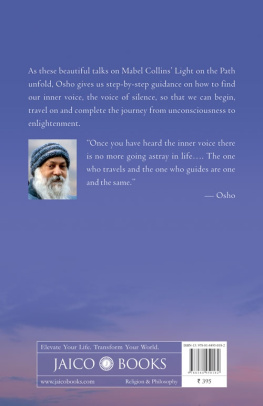Table of Contents
Extemporaneous talks given by Osho at
the OSHO International Meditation Resort, Pune, India
preface
Tao is another name for God, far more beautiful than God because God, the word God, has been exploited too much by the priests. They have exploited in the name of God for so long that even the word has become contaminated it has become disgusting. Any man of intelligence is bound to avoid it because it reminds him of all the nonsense that has happened on the earth down the ages in the name of God, in the name of religion. More mischief has happened in the name of God than in any other name.
Tao in that sense is tremendously beautiful. You cannot worship Tao because Tao does not give you the idea of a person. It is simply a principle, not a person. You cannot worship a principle you cannot pray to Tao. It will look ridiculous; it will be utterly absurd, praying to a principle. You dont pray to gravitation, you cannot pray to the theory of relativity.
Tao simply means the ultimate principle that binds the whole existence together. Existence is not a chaos; that much is certain. It is a cosmos. There is immense order in it, intrinsic order in it, and the name of that order is Tao. Tao simply means the harmony of the whole. No temples have been built for Tao; no statues, no prayers, no priests, no rituals thats the beauty of it. Hence I dont call it a doctrine, nor do I call it a religion, it is pure insight.
Osho
Tao: The Golden Gate, Vol.1
CHAPTER 1
on the absolute tao
Lao Tzu says on the Absolute Tao:The Tao that can be told of
is not the Absolute Tao;
And on the rise of relative opposites, he says:When the people of the Earth all know beauty as beauty,
there arises (the recognition of) ugliness.
When the people of the Earth all know the good as good,
there arises (the recognition of) evil.
Therefore:
being and non-being interdepend in growth;
difficult and easy interdepend in completion;
long and short interdepend in contrast;
high and low interdepend in position;
tones and voice interdepend in harmony;
front and behind interdepend in company.
Therefore the Sage:
manages affairs without action;
preaches the doctrine without words.
All things take their rise, but he does not turn away from them;
he gives them life, but does not take possession of them;
he acts, but does not appropriate;
accomplishes, but claims no credit.
It is because he lays claim to no credit
that the credit cannot be taken away from him.
I speak on Mahavira as a part of my duty my heart is never with him. He is too mathematical. He is not a mystic, he has no poetry of being. He is great, enlightened, but like a vast desert; you cannot come across a single oasis in him. But because I was born a Jaina I have to pay some debts. I speak on him as my duty but my heart is not there; I speak only from the mind. When I speak on Mahavira I speak as an outsider. He is not inside me and I am not inside him.
The same is true about Moses and Mohammed. I dont feel like speaking on them; I have not spoken on them. If I had not been born a Jaina I would never have spoken on Mahavira either. Many times my Mohammedan disciples or my Jewish disciples come to me and ask, Why dont you speak on Mohammed or Moses? It is difficult to explain to them. Many times, just looking at their faces, I decide that I will speak; many times I look again and again into the words of Moses and Mohammed, then again I postpone it. No bell rings in my heart. It would not be alive if I spoke it would be a dead thing. I dont even feel a duty towards them as I feel towards Mahavira.
They all belong to the same category: they are too calculative, extremist; they miss the opposite extreme. They are single notes, not harmonies, not symphonies. A single note has its beauty an austere beauty but it is monotonous. Once in a while it is okay, but if it continues you feel bored; you would like to stop it. The personalities of Mahavira, Moses and Mohammed are like single notes: simple, austere, beautiful even, once in a while. But if I meet Mahavira, Moses or Mohammed on the road I will pay my respects and escape.
I speak on Krishna. He is multidimensional, superhuman, miraculous, but looks more like a myth than a real man. He is so extraordinary that he cannot be. On this earth such extraordinary persons cannot exist, they exist only as dreams. And myths are nothing but collective dreams. The whole of humanity has been dreaming them beautiful, but unbelievable. I talk about Krishna and I enjoy it, but I enjoy it as one enjoys a beautiful story and the telling of a beautiful story. But it is not very meaningful a cosmic gossip.
I speak on Jesus Christ. I feel deep sympathy for him. I would like to suffer with him and I would like to carry his cross a little while by his side. But we remain parallel, we never meet. He is so sad, so burdened burdened with the miseries of the whole of humanity. He cannot laugh. If you move with him too long you will become sad, you will lose laughter. Gloominess surrounds him. I feel for him but I would not like to be like him. I can walk with him a little while and share his burden, but then we part. Our ways are different ways. He is good, but too good, almost inhumanly good.
I speak on Zarathustra very rarely, but I love the man as a friend loves another friend. You can laugh with him. He is not a moralist, not a puritan; he can enjoy life and everything that life gives. A good friend; you could be with him forever, but he is just a friend. Friendship is good, but not enough.
I speak on Buddha I love him. Down through the centuries, through many lives, I have loved him. He is tremendously beautiful, extraordinarily beautiful, superb. But he is not on the earth, he does not walk on the earth. He flies in the sky and leaves no footprints. You cannot follow him, you never know his whereabouts. He is like a cloud. Sometimes you meet him but that is accidental. And he is so refined that he cannot take roots on this earth. He is meant for some higher heaven. In that way he is one-sided. Earth and heaven dont meet in him. He is heavenly but the earthly part is missing. He is like a flame, beautiful but there is no oil, no container. You can see the flame but it is going higher and higher, nothing holds it on the earth. I love him, I speak on him from my heart, but still a distance remains. It always remains in the phenomenon of love; you come closer and closer and closer, but even in closeness there is a distance. That is the misery of all lovers.
I speak on Lao Tzu totally differently. I am not related to him because even to be related a distance is needed. I dont love him, because how can you love yourself? When I speak on Lao Tzu I speak as if I am speaking on my own self. With him my being is totally one. When I speak on Lao Tzu it is as if I am looking in a mirror: my own face is reflected. When I speak on Lao Tzu, I am absolutely with him. Even to say absolutely with him is not true I am him, he is me.
Historians are doubtful about his existence. I cannot doubt his existence because how can I doubt my own existence? The moment I became possible, he became true to me. Even if history proves that he never existed it makes no difference to me; he must have existed because I exist I am the proof. During the following days when I speak on Lao Tzu, it is not that I speak on somebody else. I speak on myself as if Lao Tzu is speaking through a different name, a different

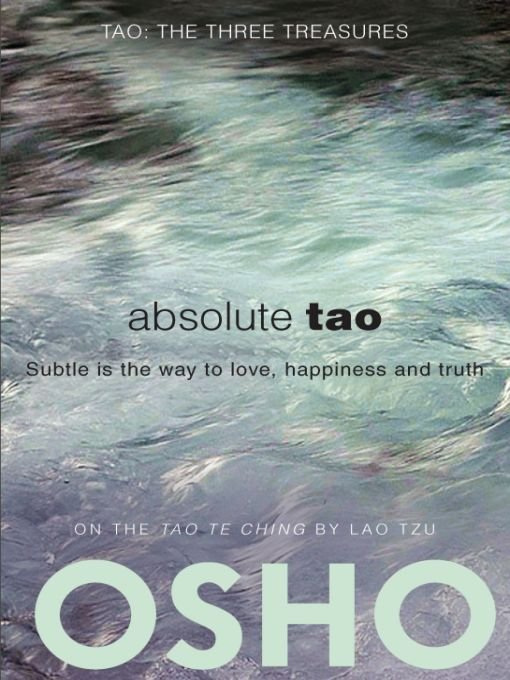
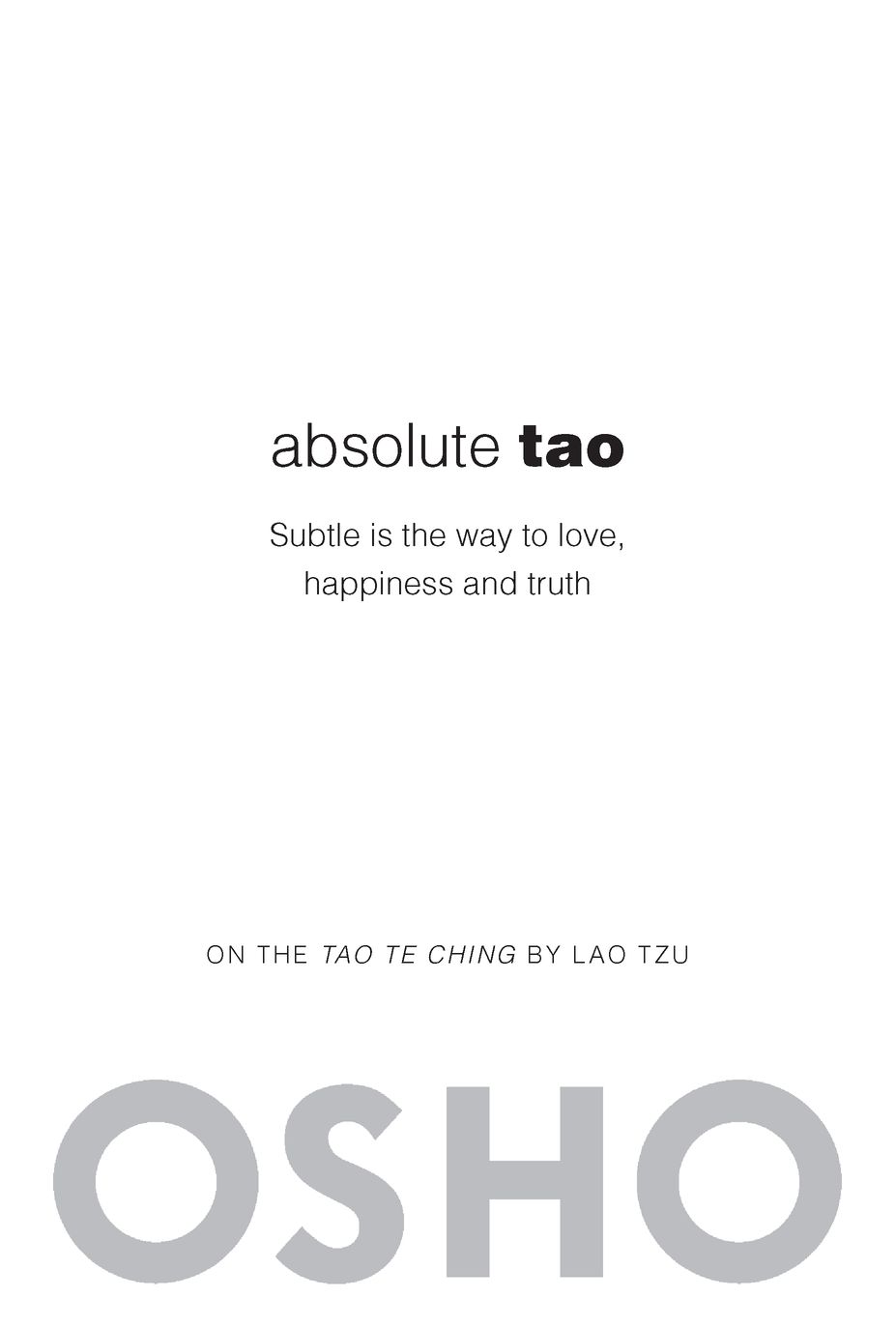

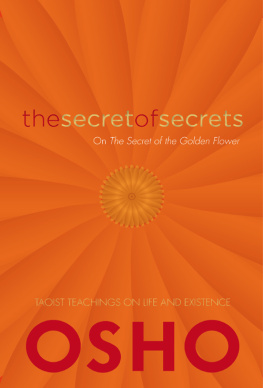
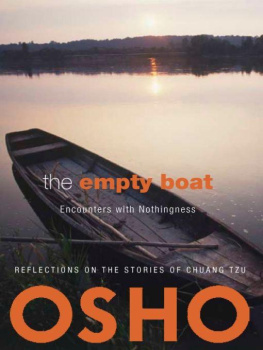
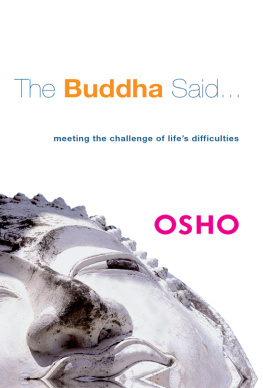

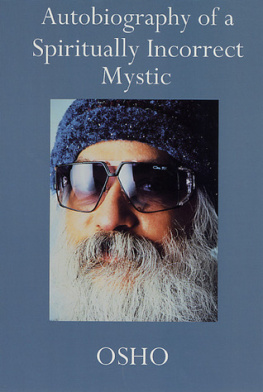
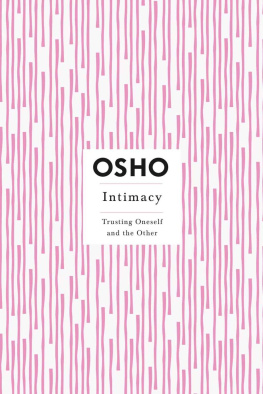
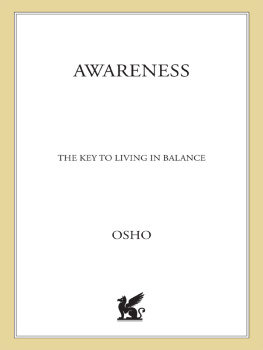
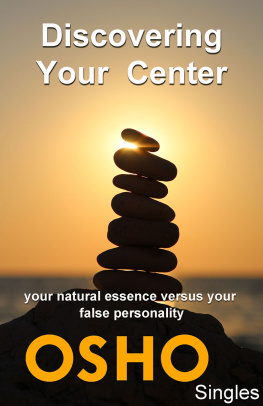
![Osho [Osho] - The Art of Dying](/uploads/posts/book/114253/thumbs/osho-osho-the-art-of-dying.jpg)
